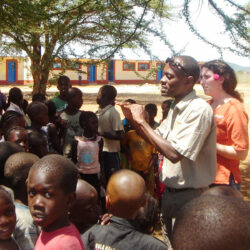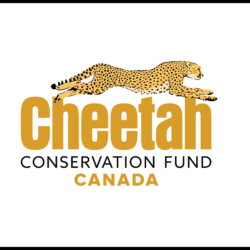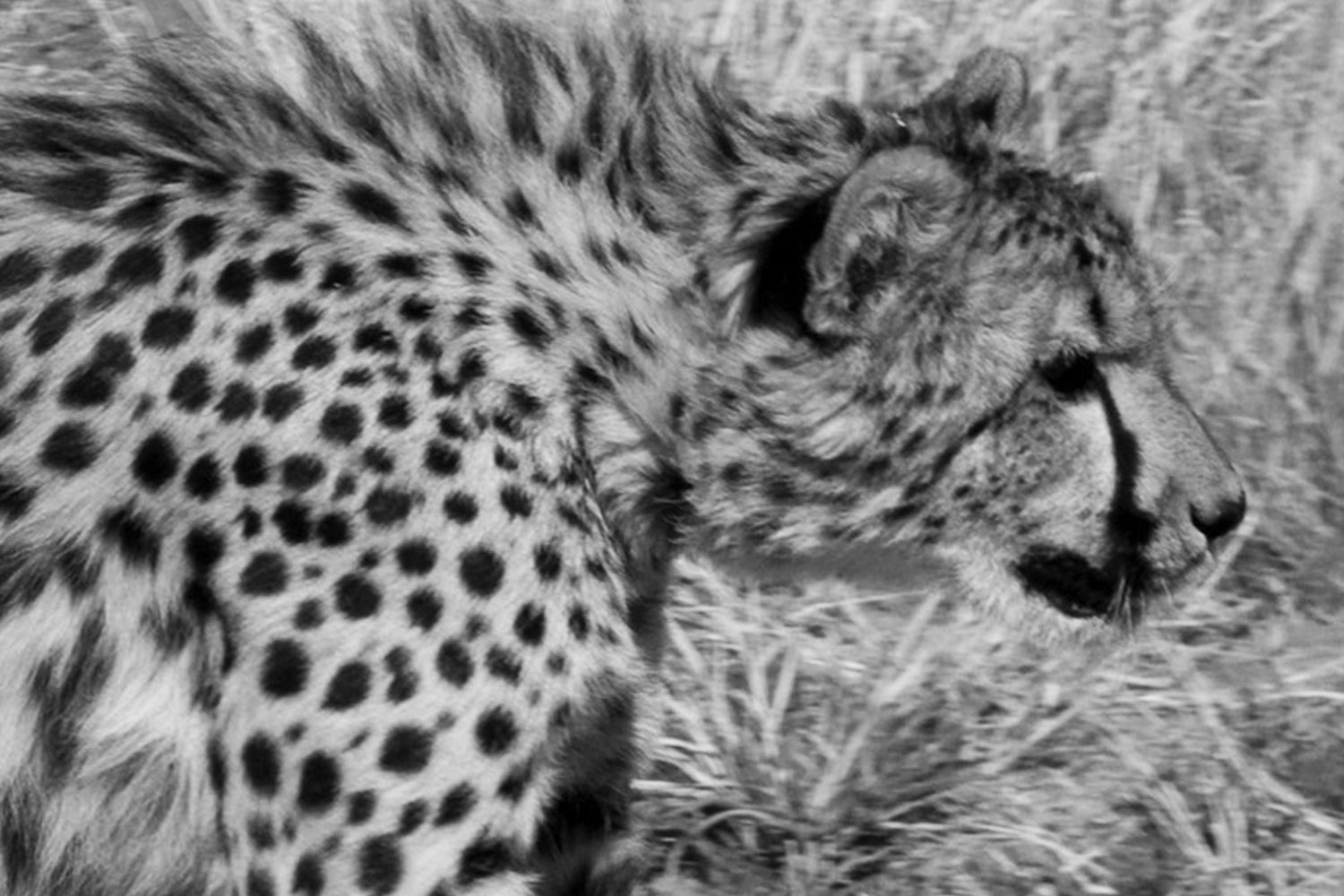CCF updates from Dr. Laurie Marker (Part One)
-

- by Meredith Hanel October 7, 2020
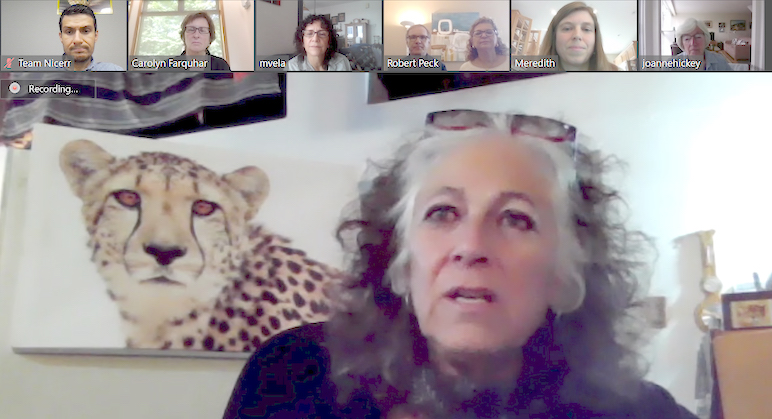
This year CCF celebrates their 30th anniversary. Canadians recently had an opportunity to hear Dr. Laurie Marker, Founder and Executive Director at Cheetah Conservation Fund, speak about the organization’s challenges and progress over the years. The venue was the comfort of our homes via Zoom, facilitated by the mentoring platform Nicerr.org. It was a great opportunity for participants to listen and ask questions of this renowned research scientist, conservationist and inspirational leader who has devoted 45 years of her life to saving the cheetah.
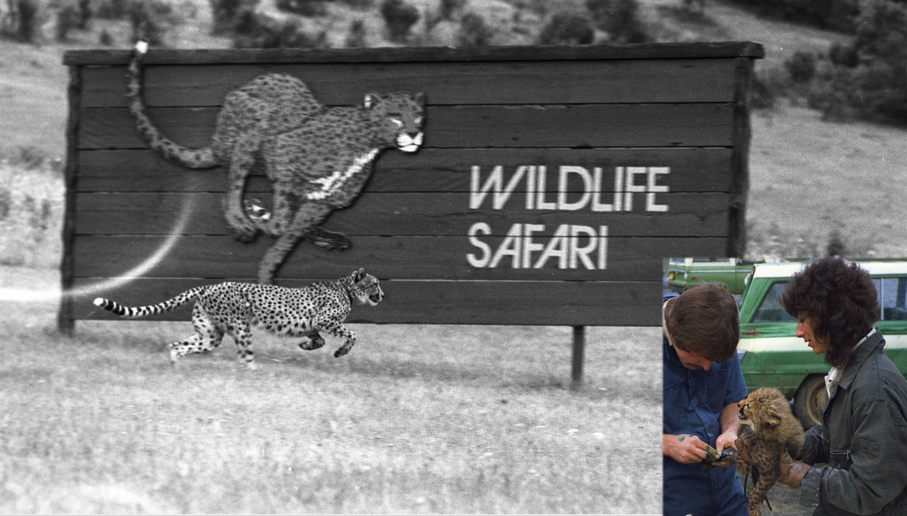
Marker told us about the history and how she first started working with cheetahs in the early 1970s at Wildlife Safari in Oregon. Marker brought Khayam from Oregon to Namibia in 1977, where she taught her how to hunt. She was the first person to teach a cheetah born in captivity to hunt. Marker was going to be the first to do a lot of things. It was on this trip to Namibia that Marker learned that farmers were killing cheetahs like flies, at a rate of 800-900 a year, and she knew she wanted to do something about it.
Thirty years ago also coincides with the very period that the democratic nation of Namibia achieved independence from South Africa. Marker began CCF by gaining the support of the founding president of Namibia, Dr. Samuel Nujoma, who was committed to helping Dr. Marker stop the cheetahs from being killed. CCF began with a farmhouse, an old barn and a generator room and has, in the past three decades, been transformed into a wildlife reserve, model farm, research and genetics centre, and education and training centre.
Before Laurie Marker and CCF, there were a handful of cheetahs living in captivity but “We knew nothing about what a free ranging cheetah looked like”, says Marker, “I wanted to know everything there was about the cheetah”. So, she had to build up that knowledge through her own research. Indeed, Marker and her colleagues have written “the book” on cheetah biology and conservation.
More than 75 percent of wild cheetahs live on farmland near people. To save the cheetah, CCF needed to find solutions to human-wildlife conflict. Marker told us, “We were the first predator organization in the world that actually went out and said we’re going to work with people” and working with people has been key to CCF’s success. Since Laurie Marker and CCF have worked with the people across Namibia over the years, they have become part of each other’s lives. Wherever she goes, Marker is known as the cheetah lady.
CCF’s Future Farmers of Africa program trains farmers how to identify what killed their livestock. CCF teaches farmers about how to maintain a healthy ecosystem and what the role of the predator is for biodiversity. When cheetahs kill prey, they also feed the jackals, making the cheetahs less likely to prey on goats. CCF devotes a lot of time to helping farmers see this bigger picture.
CCF operates the Farmer Carnivore Help Hotline that farmers can call if they have problems with cheetahs; CCF is able to respond very quickly and be on site immediately. CCF saves cheetahs that are caught by farmers and have released over 600 of these back into the wild. Over 60 cheetahs that have come in as orphaned cubs have been put back into the wild.
Just a few hours before Dr. Marker’s participation in this event on Zoom, CCF had picked up two cheetah cubs found on a farm. They were starving, dehydrated, with matted fur and found at a watering hole near some grass fires. Marker informed us that the cubs were sleeping after being given food and water. With these two new cubs, there are now 43 cheetahs in their sanctuary at CCF. Unfortunately, cheetahs that come in so young that they need to be bottle fed cannot go out into the wild because they are so used to people. Those that cannot be released into the wild will be cared for by CCF for their whole lives. These cheetahs become educational ambassadors and play an important role in research about the cheetah’s life cycle, biology and genetics.
CCF has blossomed into an international training ground for interns in a wide variety of fields. CCF receives interns from Namibia and all over the world including Canada. Over 30 years, CCF has trained about 700 interns that have gone on to become veterinarians, scientists and conservationists or gone on to work in government ministries of environment, agriculture and education. “I am very proud of this legacy of training that has gone on” says Marker, “When we first started the program, I had no concept of how important that was going to be.”
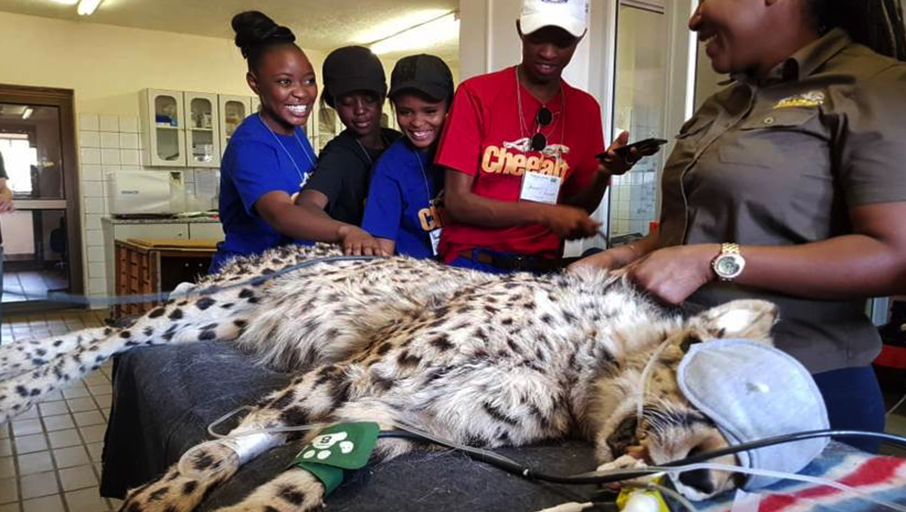
Housing for interns at CCF includes a dorm called Canada House funded by B2Gold Corp. and an anonymous Canadian donor. This is one of many ways funds from Cheetah Conservation Canada have been put to use at CCF. “Our partnership with Cheetah Conservation Canada is extremely important. The funds that you have brought us have helped not only with our education, with the care of our captive animals, but also with helping develop some of our housing here”, said Marker. Due to COVID-19 shutdowns, CCF lost streams of money that they would have received through ecotourism, so donations are even more important than ever.
Related Reading
-
August 9, 2024
CCF Visual Annual Report 2023 -
June 6, 2024
A Full Circle Experience!

